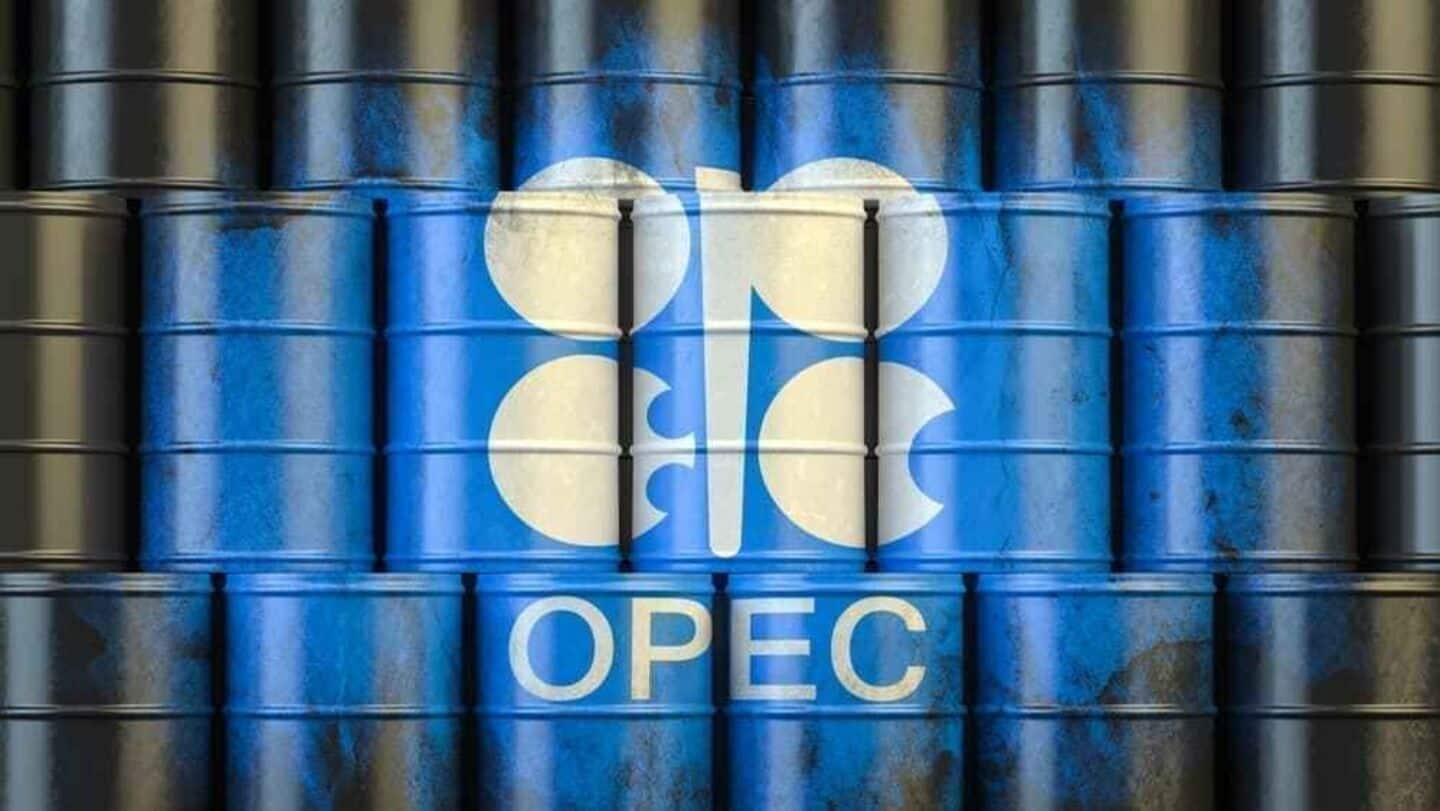
OPEC+ to significantly hike oil production in September
What's the story
The Organization of the Petroleum Exporting Countries (OPEC) and its allies have agreed in principle to a major increase in oil production for September. According to a delegate, Saudi Arabia and its partners plan to add 548,000 barrels per day next month. The move is part of their strategy to reclaim global market share after previously cutting back on supply.
Upcoming meeting
Proposed increase to be ratified during video conference today
The proposed increase in oil production will be ratified during an upcoming video conference on Sunday. This move marks the completion of reversing a 2.2 million-barrel cutback made by eight members in 2023. It also includes an additional allowance being phased in by the United Arab Emirates (UAE).
Strategic pivot
Shift in OPEC+'s strategy from price defense to supply increase
The latest production increase marks a major shift in strategy for OPEC+ from defending prices to increasing supply. This change has helped stabilize oil and gasoline futures against geopolitical tensions and seasonal demand spikes. The move is expected to provide some relief for consumers at the pump, but it could also contribute to a global supply surplus later this year.
Market assessment
Producers likely to halt further increases, assess market conditions
With the anticipated end of the 2.2 million barrel-a-day voluntary cut, producers are expected to halt further increases. Helima Croft, head of commodity strategy at RBC Capital LLC, said they would likely do this while assessing market conditions and broader macro factors. This comes after a series of major monthly increases by OPEC+, following a sudden acceleration in its plan to unwind current cuts earlier this year.
Price recovery
Crude prices recover but analysts warn of surplus
Crude prices have recovered from earlier losses due to stronger demand over the summer months. Brent futures in London were trading just below $70 a barrel on Friday, down 6.7% this year. Analysts have warned of an increasing surplus later this year as supplies rise and slowing global growth impacts demand. An increase in supply, particularly a substantial one like the 548,000 barrels per day, typically puts downward pressure on crude oil and gasoline futures.